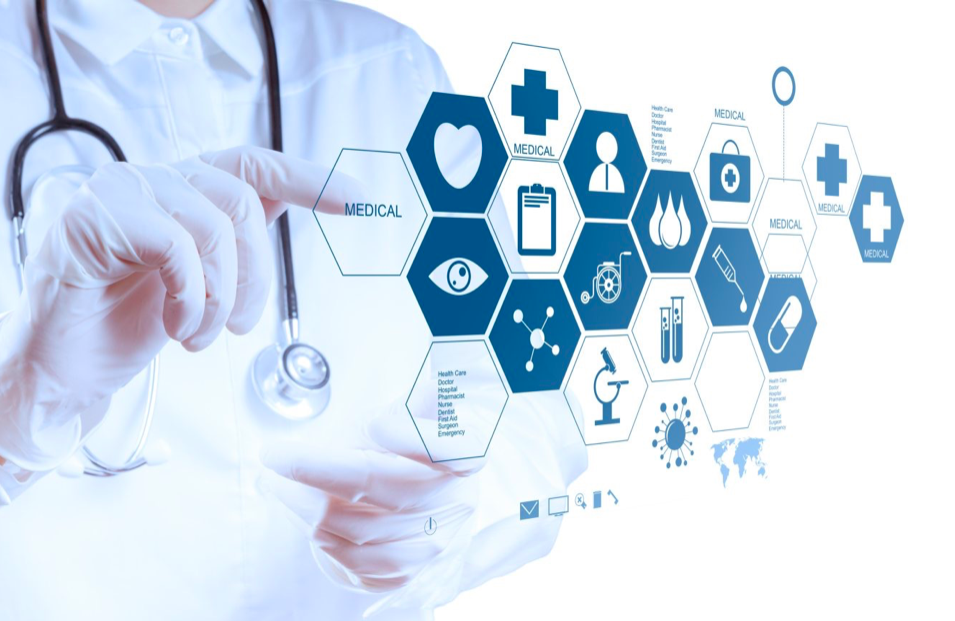The world of modern medicine is constantly evolving, and even in our society that is totally advanced, there are still strides to make. Even taking advanced science and technology out of the question, we discover new facts about the evolving human body every day, as well as the basic ways in which our healthcare systems are run.
Based on recent information, we can reason that these following healthcare trends are something you’ll be taking note of in the next few years.
1. Sleep is the New Sex
Have you ever heard of TATT Syndrome? Don’t be alarmed – it’s not a new, infectious disease. Social observes have coined this phrase, and it stands for something a lot more innocent: Tired All The Time Syndrome.
This seems silly, but the reality is that more and more people in Western societies are becoming sleep deprived. According to The Sleep Council, about half of UK citizens get six or less hours of sleep a night, with four out of five UK citizens complaining about inadequate sleep.
2. Healthcare Digital Communications
More and more technology is being developed that puts a patient in the driver’s seat when it comes to being informed about their health and making decisions based on this information. Hospitals and care providers are creating account-based systems that give a person access to medical information in a safe way via encrypted, secure databases and servers.
This encourages patients to be more of an active participant in their health. No longer are they left in the dark and subtly told that their health is too complicated for them to understand. Now they’re empowered to start conversations and learn about their health.
3. Personalised Medicine
Personalized medicine is a medical procedure that separates patients into different groups—with medical decisions, practices, interventions and/or products being tailored to the individual patient based on their predicted response or risk of disease. The reason this change in the direction of health care is so necessary can be surmised in one neat statistic – 90% of medicines don’t work for 30% of people.
Individualized healthcare starts putting the focus on the patient instead of the textbook definition of a diagnosis and treatment. Different patients require different care, thus the need for personalized medicine exists.
4. Home Hospitals
Wearable medical devices becoming more widely available on the marketing, increasing hospitalization costs and burdened healthcare systems are all reasons why “home hospitals” will surely become the new norm. This means patients can be treated at home with mobile, wearable devices in a secure, comfortable environment.
5. Ageing Population
As of 2010, 10 million people in the UK were above the age of 65. Based on this data from parliament, the number of people over this age will be about 19 million come 2050.
The number of elderly people is growing due to many different factors; one major factor being a prolonged life expectancy in much of the developed world.
6. Mental Health (the Silent Killer)
Medical conditions like depression and other forms of mental illness will also heavily affect medical trends in the coming years. In Britain alone, 9% of the population meets the criteria for diagnosis of either anxiety, depression, or sometimes both.
According to The Mental Health Foundation, “mental health problems are one of the main causes of the overall disease burden worldwide.” Major depression is also said to be the number two cause of disability worldwide and helps contribute to global suicide rates and ischemic heart disease statistics.
7. Biotechnology is the Future
As the population age increases and more and more necessity is put on better medicines and technology, pharmaceutical companies and the biotech industry will see more and more of a boom. While some thought leaders debate whether or not the biotech industry is seeing a bubble currently, industry profits are increasing and more pharmaceutical/biotech relationships are being forged in order to up marketing, increase profits and put more emphasis on device and medical development.
More articles:





